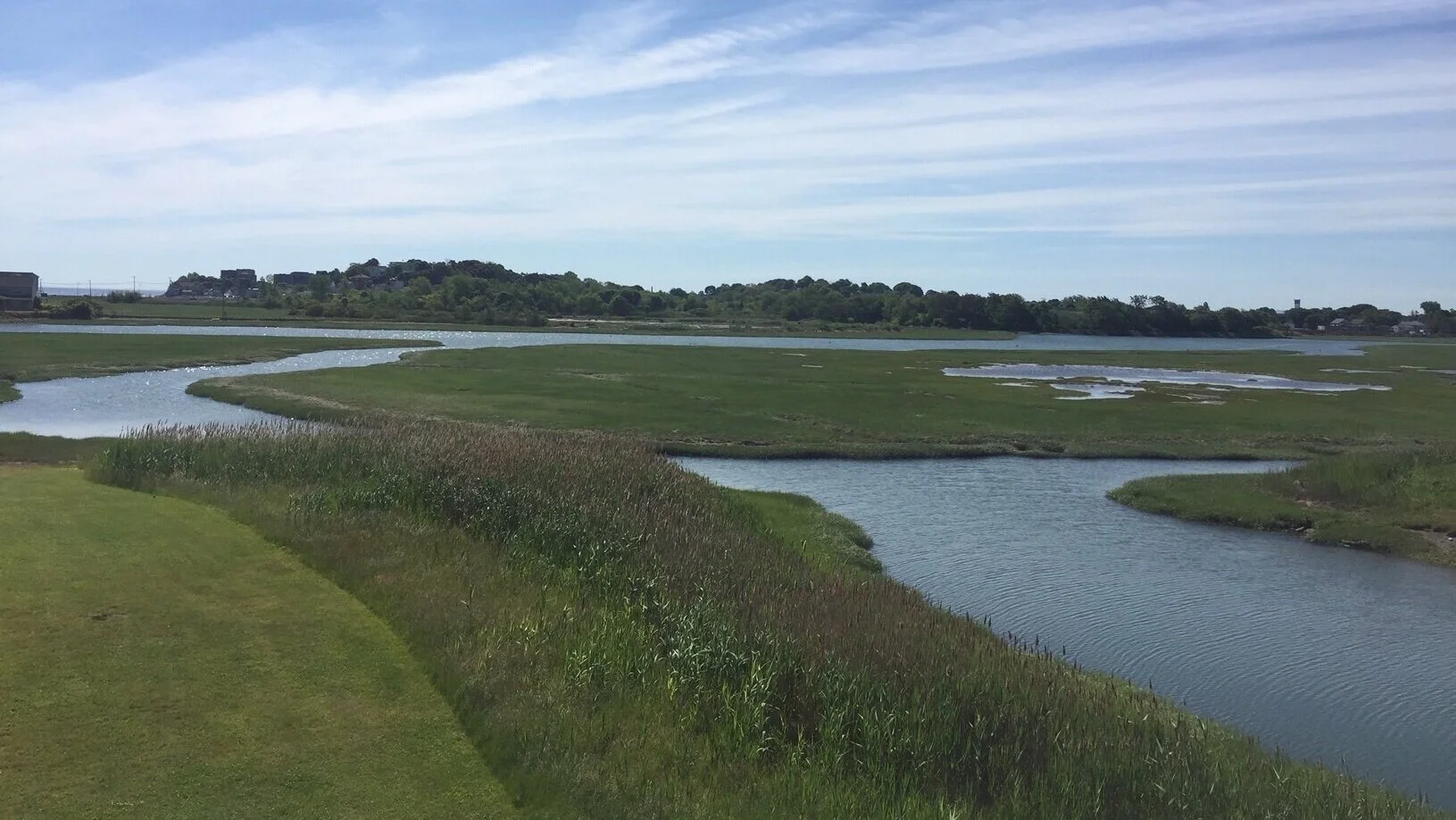Local Wetlands Ordinance signed by Mayor Walsh, giving Boston 'greater power to protect our wetlands in the face of a changing climate'
A new precedent-setting milestone has been achieved by the City of Boston, with a Local Wetlands Ordinance signed into law by Mayor Martin J. Walsh, establishing a new “Waterfront Area” to serve as a buffer zone to flooding, and creating stricter standards for development and construction.
The ordinance was unanimously approved by the Boston City Council on December 11, and signed by Mayor Walsh on December 23. Under the new standards—which impose some stricter measures than the Massachusetts Wetlands Protection Act—the Conservation Commission has greater authority to protect wetland resources and critical wildlife habitats, and to develop standards for new projects in the floodplain.
"This ordinance gives us greater power to protect our wetlands in the face of a changing climate," said Mayor Walsh in a press release. "We're using natural green space to protect our neighborhoods from storms, floods, and heat waves. Climate change is the defining challenge of our time, and this ordinance shows what we can accomplish when we work together, securing a strong, resilient future for Boston."
Coastal wetland areas, such as salt marshes, act as natural buffers to storm surges and flooding. But according to research done by the Coastal and Estuarine Research Federation, Massachusetts has experienced a 41% loss of saltmarsh since 1777, with the Boston area alone losing 81%. Protecting and augmenting this and other types of green infrastructure could help to bolster the resilience of Boston’s waterfront, by helping to naturally protect against flooding. Areas of salt marsh can be integrated into places like the waterfront parks One Waterfront is working to build around Boston’s Harbor, to help naturally absorb excess water.
"This ordinance will continue to support Resilient Boston Harbor, the Mayor's vision for enhancing the waterfront and our city's natural spaces while protecting our neighborhoods," said Chris Cook, Chief of Environment, Energy, and Open Space, in the press release. "Wetlands are a critically important component of this because they store and filter groundwater while acting as a buffer against storms and floods. With this ordinance, we are that much closer to achieving a connected and protective waterfront."
Above: Belle Isle Marsh, in East Boston, Revere, and Winthrop, is Boston's last remaining salt marsh.
Boston was previously one of 20 Coastal Zone communities in Massachusetts without a local wetland ordinance or a bylaw.
Read the full ordinance above, or click here for the PDF.


